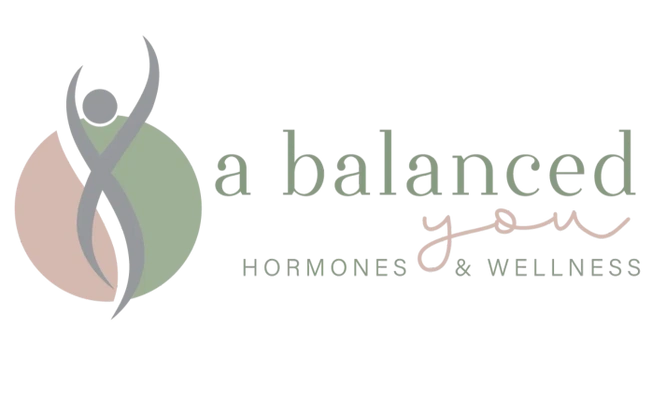What does low thyroid function mean?
The thyroid gland is located in the base of your neck, the thyroid gland makes hormones that control your metabolism, how well your heart beats, digestive function, muscle control, brain development, mood and bone maintenance. The thyroid also regulates how quickly your body uses calories from the foods you eat.
Common symptoms of hypothyroidism (low thyroid function):
- Feeling tired all the time (especially at the end of the day)
- Needing lots of sleep
- Feeling cold
- Constipation
- Weight gain (or difficulty losing weight)
- Brain fog
- Bad memory
- Hair loss
- Dry hair
- Dry skin
- Dry eyes
- Mood problems, including feeling depressed or anxious
- Irregular menstrual cycles or heavy periods
- Problems with fertility
- Loss of interest in sex
- High cholesterol
- Puffy eyes
- Stiff or sore muscles
Feeling like you have low thyroid, but told your labs are normal?
There’s many reason your thyroid labs can look normal but you’re still having low thyroid symptoms.
Often, it’s that your body is not converting T4 to T3 and here’s many reasons why.
- Stress (cortisol, the main stress hormone, reduces T3 conversion)
- Nutrient deficiencies (certain vitamins are needed as co-factors for T3 production)
- Imbalances in your gut microbes (your gut bacteria either help or hinder the process)
- Estrogen dominance (imbalances in your estrogen and progesterone levels)
- Inflammation
If this is your problem, your thyroid gland is fine and you don’t necessarily need thyroid replacement – we need to correct the underlying factors so you can USE your thyroid hormone properly!

Functional Medicine & Thyroid
We do a comprehensive thyroid panel, including TSH, Free T4, Free T3, reverse T3, TPO antibodies and antiTG antibodies. We also look for underlying factors that may be interfering with how you are using your thyroid hormones, including stress, inflammation, and digestive problems in addition to determining if your body is fighting against itself, creating autoimmunity called Hashimotos.
Functional reasons for low thyroid

Nutritional Deficiencies:
- Iodine Deficiency: Iodine is essential for thyroid hormone production.
- Selenium Deficiency: Selenium is necessary for converting inactive thyroid hormone (T4) into its active form (T3).
- Zinc Deficiency: Zinc also plays a role in the conversion of T4 to T3 and in maintaining a healthy immune system.
- Iron Deficiency: iron is important for thyroid hormone synthesis

Poor Gut Health
- Leaky Gut/Intestinal Permeability: An unhealthy gut can lead to systemic inflammation, which affects thyroid function. Additionally, poor gut health can lead to impaired nutrient absorption, further compromising thyroid health.
- Dysbiosis: Imbalance in gut bacteria can trigger immune system responses that contribute to thyroid dysfunction.

Cortisol Dysregulation:
Elevated cortisol inhibits the thyroid-stimulating hormone (TSH) and can reduce the conversion of T4 to T3, causing low thyroid function.

